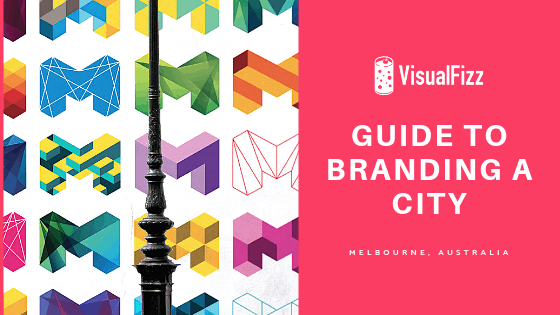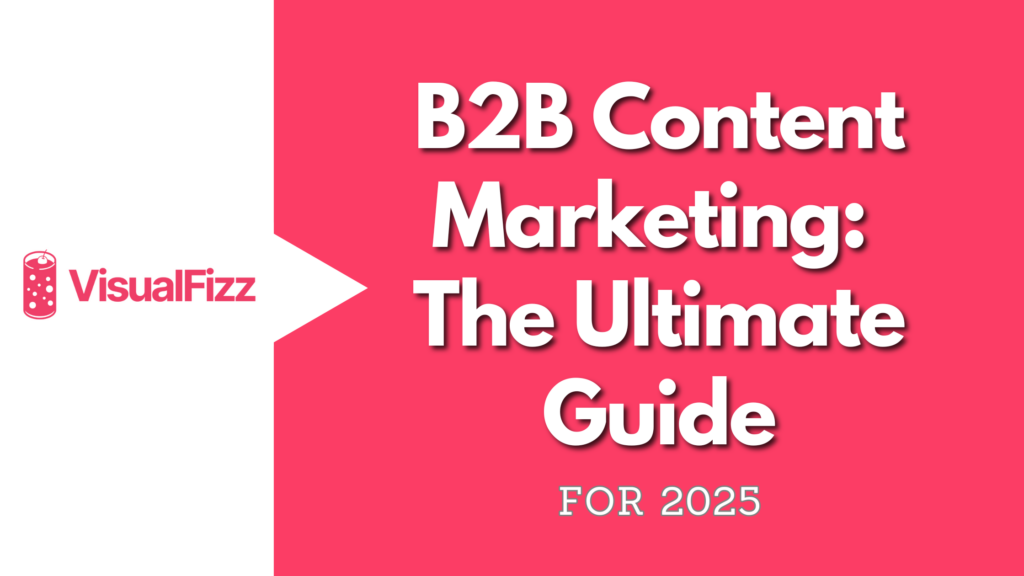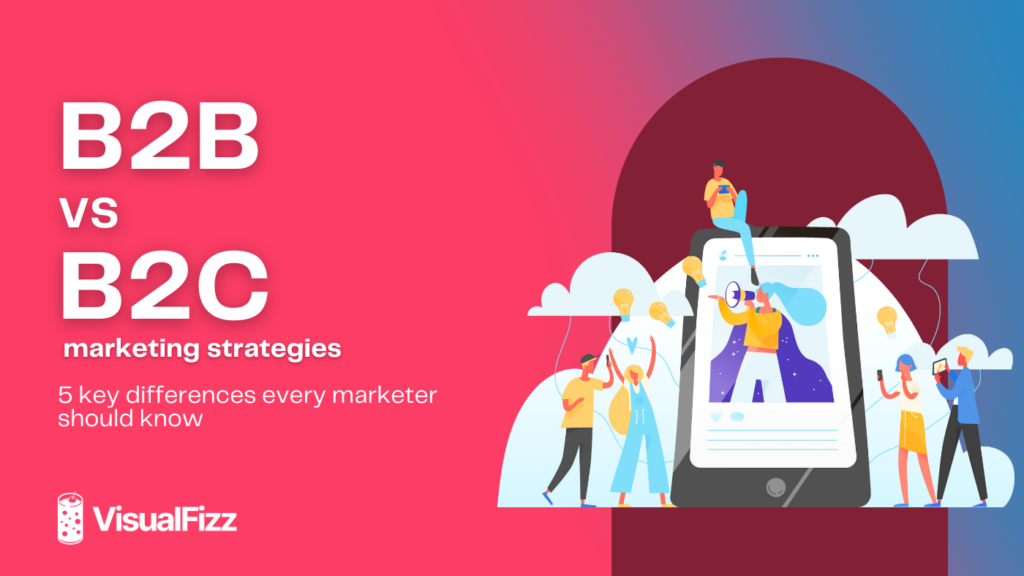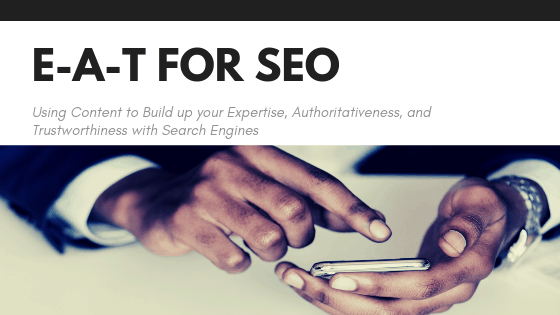
Using Content to Build up your E-A-T for Google SEO
Did you know that people online aren’t always truthful? I know, terrible right?! It’s devastating to the world view of this digital marketer to discover that people can, in fact, lie about who they are online. That’s why building online authority is important; there are too many fakers out there pretending to have all the answers.
Fortunately, the folks at Google are hard at work improving the search experience – assessing the quality of web content and burying less-reputable content at the back of the SERP. That’s great news for the user, and a call to action for brands looking to stay relevant, reputable and out of the red. So how do brands build authority? They remember to E-A-T.
What is E-A-T (Expertise, Authoritativeness,Trustworthiness)?
It can be easy to lose site of the big picture, but when it comes to search listings and SEO, Google’s focus is unequivocally the user. Google and other search engines will always want to deliver the most reputable and relevant content to the user’s query.
Google determines which brands are the most reputable and the most relevant to the user’s search by assessing the Expertise, Authoritativeness, Trustworthiness (E.A.T.) of the content they produce. In Google’s own words,
“Websites need enough expertise to be authoritative and trustworthy on their topic.”
As it pertains to SEO, E-A-T is something every brand should seek to build online and offline. But E-A-T is more than simply improving your search rankings, it’s about building integrity. In the eyes of the user, and therefore Google, an honest brand is one that demonstrates:
- Expertise in their industry.
- Authority to speak factually about their topic.
- Trustworthiness to deliver on their promises.
How Does Google Measure E-A-T?
For anyone who isn’t Google, E-A-T can be frustratingly difficult to measure. Thankfully, Google has a set of instructions and guidelines it uses to assess the expertise, authority, and trustworthiness of a website.
The Google Quality Rater Guidelines are utilized by Google’s team of human reviewers, known as Search Quality Reviewers, or “Raters” who manually assess the quality of web content. According to Google Quality Rater Guidelines, high-quality pages possess:
- Ample Main Content – Enough quality content to satisfy the user need unique, purpose driven content
- Positive Reputation – The page and its associated content must have a reputation for the topics they discuss
- Enough Auxiliary Information – The website features like “About us,” “Contact,” or “Customer Service” information.
- Supplementary Content – Content that enhances the user experience of a web page.
- Functional Page Design – Web pages are designed in a functional fashion that enables users to easily locate the information they are looking for.
- Regular Maintenance and Editing – The website is regularly maintained, edited and frequently updated.
These guidelines are in place for any brand aiming to rank on the SERP. However, they are especially applied to brands operating in the financial and medical sectors, aka, Your Money, Your Life (YMYL) brands.
Google is quite clear that websites offering financial advice, medical information, or information pages that can have a potential negative impact on a person’s health, happiness or wealth must be written by accredited, qualified experts.
How Does E-A-T Affect SEO?
Google Quality Rater Guidelines are designed to weed out websites that do not demonstrate expertise, authority and trustworthiness. Therefore, websites that adhere to the Google Quality Rater Guidelines will naturally perform better than those that don’t.
Through adhering to the Google Quality Rater Guidelines is important, it is not the only factor that Google uses to assign search rankings. Google also assigns rankings based on:
- Backlinks From Authoritative Sites – Link building is a cornerstone of SEO and crucially important to creating perceived authority. If authoritative websites are willing to link with yours, it demonstrates the factual integrity of your content, and the expertise of those who wrote it.
- Click Through Rate (CTR) – A high CTR demonstrates trustworthiness because a website must have a functional user experience and relevant content to actually compel a user to click through the website and convert.
- Online Reviews – Negative reviews affect E-A-T, but worse than negative reviews is leaving them unanswered. A brand who responds to negative reviews demonstrates expertise, trustworthiness and an eagerness to maintain their reputation as an authority in their industry.
- Content Quality – Authority, expertise and trustworthiness can be established, but E-A-T means nothing if the content your produce is low-quality. It’s important that the content be factual, relevant and frequent, but also detailed, long-form and free of errors.
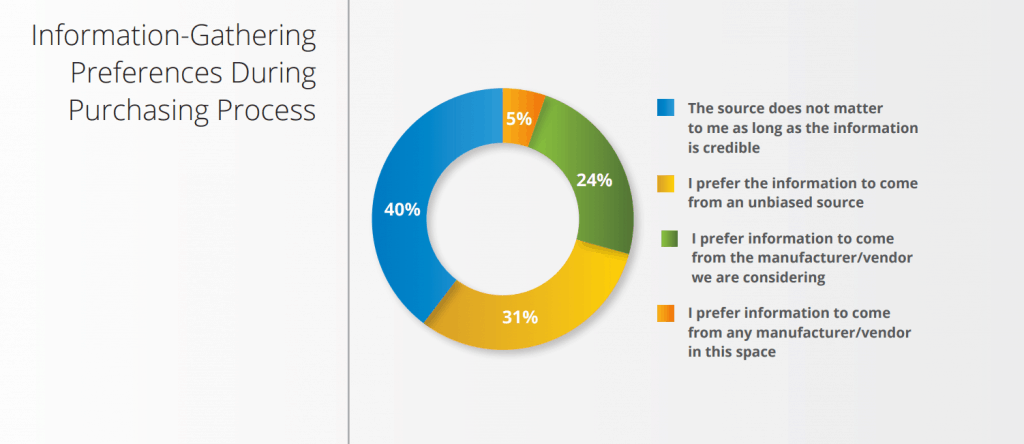
Content Marketing Builds Authority
If you take one thing away from this article, it should be that content builds authority. You can’t just cobble together some technically correct blog posts and call it a day. The trick to using content to build up your E-A-T with Google is creating honest content that shares your story.
Brands with the most online authority constantly churn out content, but they are also consistently honest. They produce quality content that demonstrates an interest in their audience and a willingness to be a genuine resource when they have questions that need answering.
How to Use Content to Get Your Audience to Trust You
As stated, the first step to getting your audience to trust you is by producing content that builds up your E-A-T with Google. But just as important to a brands E-A-T is the reputation and E-A-T of the creators of the main content which, according to the Google Quality Rater Guidelines,
“is extremely important when a website has different authors or content creators on different pages.”
Therefore, it is essential that websites include author names & biographies for all editorial content. In addition, brands should also:
- Write and optimize for informational keywords
- Create Niche Content
- Write About Timely Industry Updates
- Use Palatable Language
- Publish Case Studies
- Host Webinars
- Write Long-Form Content
- Contribute as a Guest Blogger
- Generate Inbound Links
- Stay Active in Social Media
- Be a Credible Resource
Of course, the best way to do all of this is to invest in branding that tells your story in a way that builds up your E-A-T with Google. VisualFizz understands the nuances of your business and the importance of demonstrating expertise, authority, and trustworthiness.
We craft brand messages that truly establish your authority and differentiate you from your competitors. Contact VisualFizz if you want to learn more about our team or hear what we can do for your brand. We’re excited to talk and see what we can achieve together!
Publishing Date:


